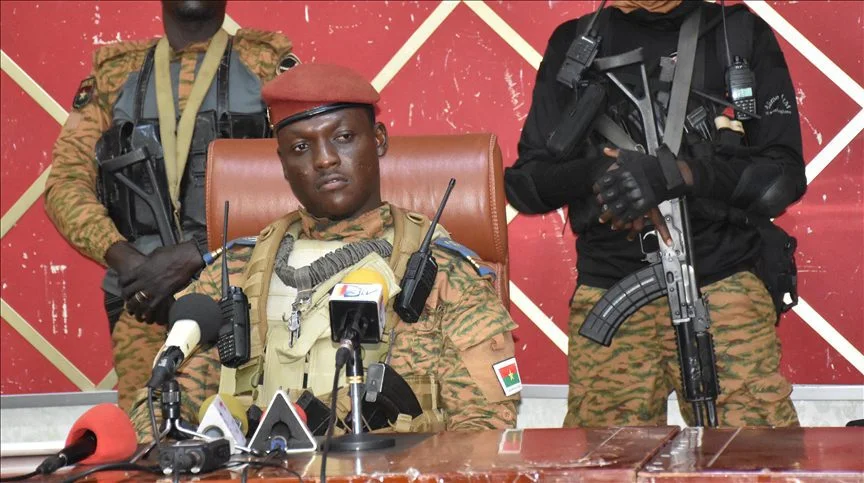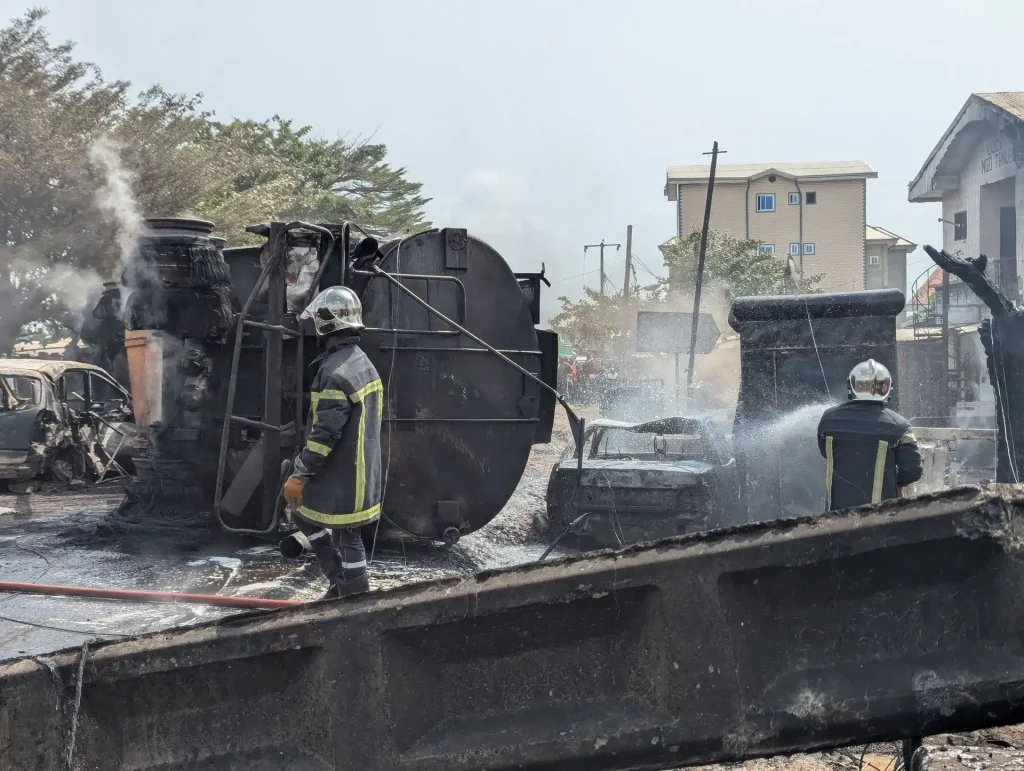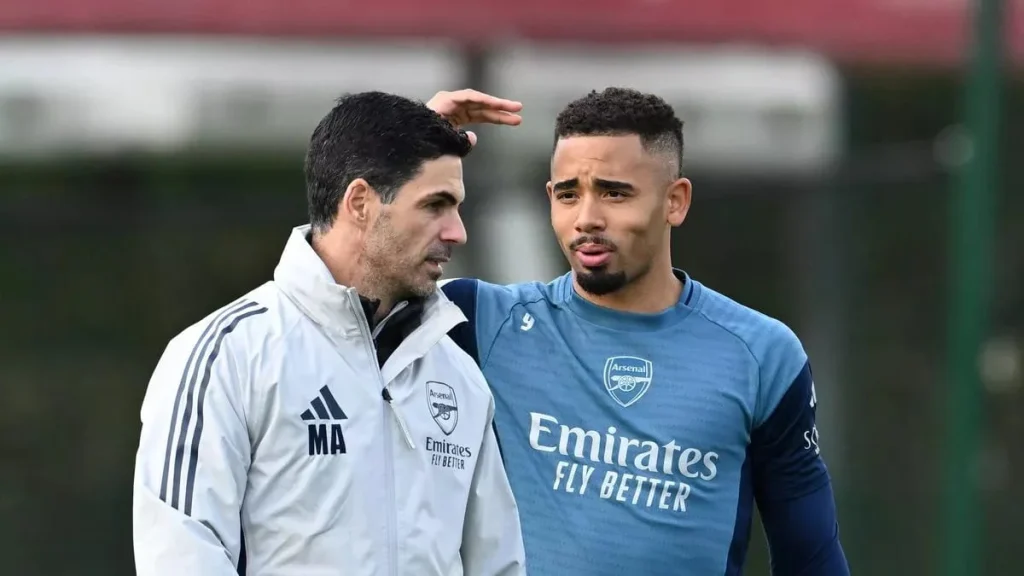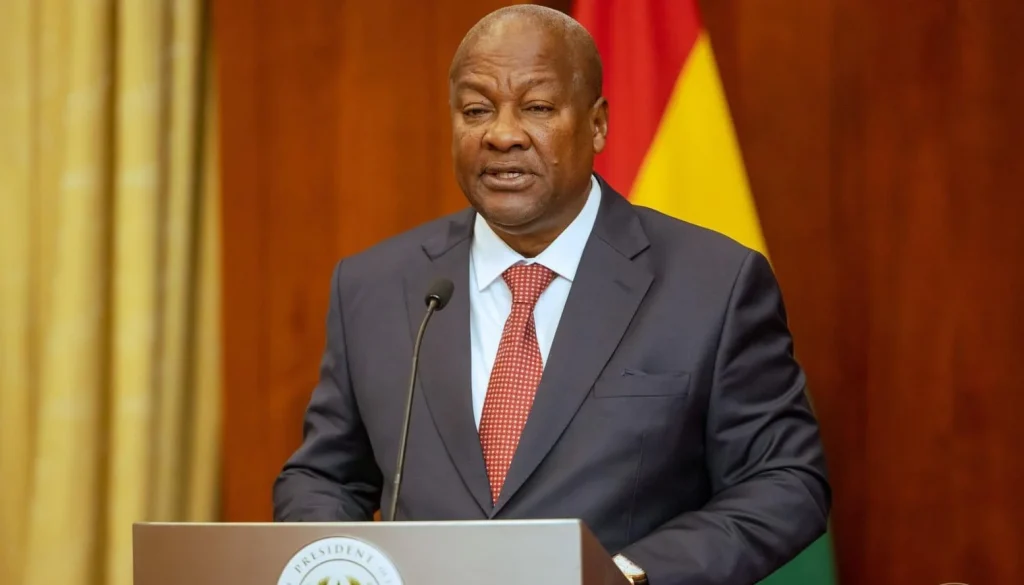Burkina Faso’s defense minister, Colonel Kassoum Coulibaly, on Wednesday accused an “international coalition” of working against the country and claimed that the country’s airspace had been violated.
Additionally, Burkina Faso’s intelligence agency stated that an April massacre of civilians, which some human rights groups blamed on the army, was actually carried out by jihadist fighters disguised as soldiers.
Coulibaly, appointed by the military junta currently in power, repeated the denial made by the new regime’s leader, Captain Ibrahim Traore, that the Russian mercenary group Wagner was active in the country.
“A lot of people think it’s the Russians who are guiding us,” Coulibaly said. “But the people of Burkina Faso are not children.”
He insisted that Russia was not controlling the situation and that it “gives us nothing.” Instead, he emphasized that it was the people of Burkina Faso who were supporting the fight against the jihadist insurgency in the country. “There is no Wagner here,” he added.
Coulibaly made these comments in Ouagadougou during a meeting with union representatives and civil society leaders. He suggested that the international coalition working against Burkina Faso—though he did not name specific members—was responding to the country’s closer relationship with Russia since the military coup in September 2022.
However, Coulibaly made it clear that Burkina Faso only asks for what it needs. “We don’t need anyone to send us foreign soldiers,” he said. He highlighted the role of the Volunteers for the Defense of the Fatherland (VDP), an auxiliary force supporting the army.
At the same meeting, Justice Minister Colonel Francois Yameogo confirmed that 136 bodies had been buried in Karma, in the northern part of the country, after a massacre on April 20. This was the first time the government acknowledged the death toll of 136, which rights groups had reported. Previously, the official number was around 60 deaths.
Local groups have accused the Burkinabe army of carrying out the killings. Yameogo said an investigation was ongoing. On Tuesday, Amnesty International also blamed the army for the massacre, estimating at least 147 people were killed.
However, during the meeting, the national intelligence agency argued that jihadist fighters were responsible for the massacre, claiming they sometimes wear military uniforms to commit crimes.
Burkina Faso’s transitional president, Captain Traore, has declared his goal of reclaiming the 40 percent of the country’s land currently controlled by jihadist groups. The ongoing violence in Burkina Faso has resulted in over 10,000 deaths and displaced two million people, according to aid organizations.
The conflict in Burkina Faso, driven by jihadist groups, has been ongoing for nearly a decade, with the violence intensifying in recent years. The insurgency, which started in the north and later spread to other regions, has destabilized large parts of the country. Schools have closed, farming has been disrupted, and many communities have been abandoned as people flee the violence.
The Burkinabe government, now led by a military junta after the September 2022 coup, is under immense pressure to restore security and regain control of the vast areas held by jihadists. Despite international criticism and accusations of human rights abuses, the government maintains that it is doing what is necessary to protect its citizens and defeat the insurgents.
President Captain Ibrahim Traore has vowed to take back all jihadist-controlled territories, but this is a monumental task. Many of the areas in question are rural and difficult to access, making it challenging for government forces to operate. The army, backed by the Volunteers for the Defense of the Fatherland (VDP), continues to engage in combat with jihadist fighters, but the insurgents’ use of guerilla tactics, including ambushes and roadside bombs, has made progress slow.
In response to the crisis, Burkina Faso has sought closer relations with countries like Russia, hoping to gain military and technical assistance. This has raised concerns among Western nations, who fear that the influence of Russian mercenaries, like the Wagner Group, may become a factor.
However, both the Burkinabe government and the military leadership have repeatedly denied any involvement of Wagner forces, insisting that Burkina Faso is relying on its own people and resources to fight the insurgency.
Meanwhile, the humanitarian crisis continues to worsen. Over two million people have been displaced, living in overcrowded camps or with host families in safer areas of the country.
Many of these displaced individuals face food shortages, limited access to healthcare, and lack of basic necessities.
International organizations and aid groups are working to provide assistance, but the scale of the crisis is overwhelming. Additionally, the constant threat of violence makes it difficult for aid workers to reach those in need.
Despite these challenges, there is hope that a combination of military efforts and international support will eventually lead to peace and stability in Burkina Faso.
For now, the country remains at a crossroads, with the outcome of the conflict uncertain. As Burkina Faso fights to reclaim its land and protect its people, the path ahead is filled with both danger and opportunity. The government’s decisions in the coming months will likely shape the future of the country for years to come.























